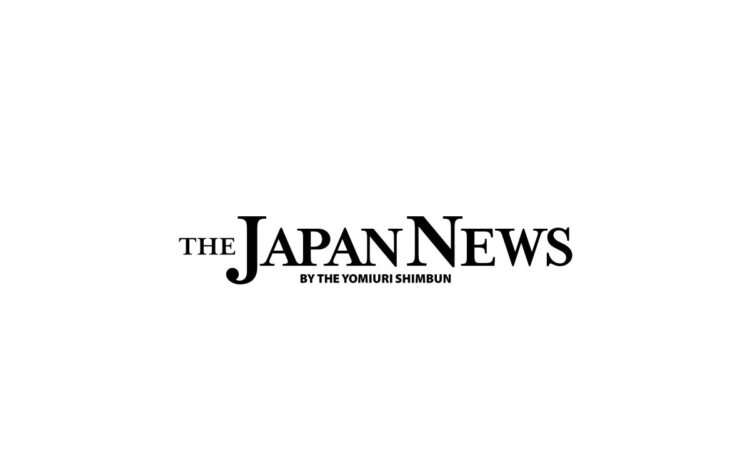
13:59 JST, December 30, 2023
The Nippon Individual Savings Account (NISA) investment program, which exempts gains on small investments from tax, is set to expand significantly from the start of next year. It is hoped that this move will serve as an opportunity for the public to learn more about finance and economics, and help people build stable assets.
The NISA program was established in 2014 to help redirect personal financial assets — which have tended to take the form of cash reserves and bank savings — into investments. Under the system, tax is not levied on gains from the sales of mutual trusts and stocks for a certain period of time.
The new program will make this system permanent, with an indefinite tax-exemption period and an increased annual investment limit. To ensure that the system does not overly favor wealthy people, the lifetime investment amount will be capped at ¥18 million.
The primary purpose of the program is to stimulate the economy by channeling household assets to corporations through the stock market, but another major objective is to support the asset building of the Japanese public in the so-called 100-year-lifespan era.
In order to grow the new system, it is vital to create an environment in which people can invest with peace of mind.
Japanese household assets exceed ¥2.1 quadrillion. A majority of that is in the form of cash and bank savings, a much higher ratio than in Western countries.
The Japanese stock market suffered a prolonged slump following the collapse of the bubble economy in the 1990s. Many people have suffered losses related to stock investments and the current reality is that a large number of people remain anxious in this regard.
It is important to make the public aware that investing involves certain risks, to disseminate information regarding investment-related precautions, and offer decision-making tips that will help people avoid pitfalls as far as possible.
To address such issues, the government and the private sector will next spring jointly establish a new licensed organization to promote financial and economic education. The government, the Bank of Japan, the Japanese Bankers Association and other organizations have each previously taken steps to disseminate financial knowledge; but such activities will be consolidated within the new organization.
In addition to developing educational materials relating to investments, the new body as an independent organization will train and certify advisors who will offer customer-focused advice. The organization’s wide scope will also allow it to dispatch lecturers to corporate seminars and other events.
Financial education has been strengthening in high schools since new curriculum guidelines were introduced in the 2022 academic year, and financial institutions have been increasing the number of on-site classes offered by their staffers. Efforts must be strengthened to provide financial education to a wide range of generations, from young people to the elderly.
At the same time, there is also a need for a change in awareness on the part of financial institutions. Myriad inappropriate sales practices have come to light, such as selling complicated financial products to elderly people with a limited financial knowledge, and frequently encouraging such people to buy and sell financial products with the sole aim of generating commissions.
If financial education is to take root, it is essential for financial entities to be more customer-oriented and boost consumer trust.
(From The Yomiuri Shimbun, Dec. 30, 2023)
